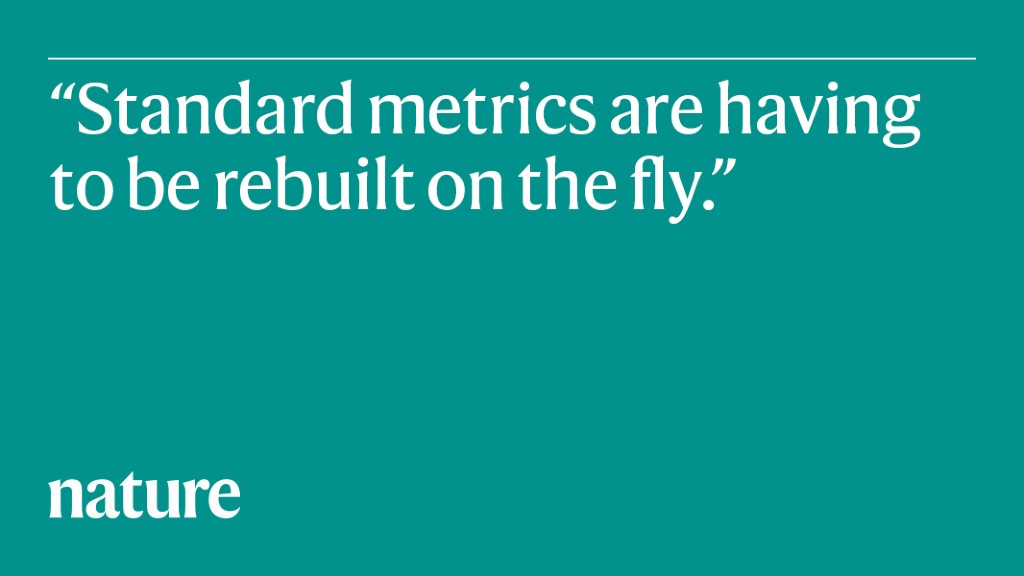
Given that we are in an economic crisis that takes us all the way back before Reaganomics and the New Deal, to the Great Depression, this is a great time to think differently. Next time we pass a huge pandemic economic recovery bill, money must go directly to those who, having lost their jobs or income, are in imminent danger of bankruptcy or homelessness. Let us pay their rent, or their mortgage payments, month after month as long as necessary. Let us make sure they have food money.
Let the most vulnerable be assured shelter, food and medical care, then let's sit back and watch the funds flow upward into the general economy.
In case you are keeping track:
Why Our Economic Behavior Isn't Always Rational : NPR

Bilal Chaudhry, 16, picks up a dozen eggs to give to a person in a car during a free egg distribution in Cumru Township, PA. The distribution was held to help people during the COVID-19 outbreak. MediaNews Group via Getty Images hide caption
We don't always behave the way economic models say we will. We don't save enough for retirement. We order dessert when we're supposed to be dieting. We give donations when we could keep our money for ourselves.
Economic Fallout From Coronavirus Begins Across Developing World - WSJ
Brazil's economy shrank during the first three months of this year. Turkey's economy slowed, and India's yearly output posted its slowest growth in 11 years.
Economic results released on Friday in all three countries highlight the struggles of many developing-world economies even before the coronavirus pandemic caused governments to order lockdowns in late March that have since cost hundreds of millions their jobs.
The thin red line - China's economists debate deficit monetisation | Finance & economics |

N O ONE WOULD ever describe the Chinese central bank as Germanic. After all, China's broad money supply has tripled over the past decade alone, the kind of expansion that would send shivers through Germany's inflation hawks. But listen closely and Teutonic inflections can be heard in Beijing. A ruckus about how to finance this year's yawning fiscal deficit has brought out China's own inflation hawks.
The question of deficit financing has arisen because of the sheer amount of public spending needed in China, much as in other countries hit by the covid-19 pandemic. On May 22nd the finance ministry announced that the central and provincial governments would collectively issue 8.5trn yuan ($1.2trn) in new bonds in 2020, nearly twice as much as last year and equivalent to about 8% of GDP .
Other things to check out:
Knodell/Seguino: Austerity is bad economics | Perspective | timesargus.com

Why is austerity a bad idea right now? Budget cuts reduce spending, by definition. This leads businesses and families to cut their consumption and investment, further lowering their spending. This is especially true if the state government cuts personnel (wages and salaries), which seems an inevitable effect of cuts. Businesses cannot survive without customers, and so businesses respond by laying off more workers.
The long-run effects, especially of untargeted cuts, are worse. Take, for example, the effect on children's development. Brain neuroscience research shows that everyday hardships have a substantially bigger impact on the poor than the wealthy, and in children, they cause neurobiological changes that can have long-term negative effects on self-regulation and learning, emotional control, memory and language.
No fear of floating - The World Bank lands Carmen Reinhart as chief economist | Finance &

S OME OF THE best economists in the world have served as chief economist of the World Bank. But not all of them stay for long. Paul Romer, who subsequently won a Nobel prize, left after 15 months. His successor, Penny Goldberg, returned to academia just as quickly. And a new layer of management is soon to be inserted between the research department and the bank's president.
She is, according to Guillermo Calvo of Columbia University, an "original". Her family fled Cuba for America in 1966, when she was ten. A course on fashion merchandising at Miami Dade College introduced her to economics. Before she turned 30 she was chief economist of Bear Stearns, an investment bank, a post later occupied by her new boss, David Malpass, who became the World Bank's president last year. Her two stints at the IMF mean she is accustomed to working at Bretton Woods institutions.
Economists must collaborate courageously

Economists, like researchers in many disciplines, are responding to the urgency of the COVID-19 pandemic. The immediate priorities are understanding the consequences of the crisis for public finances and international trade.
Scholars are scrambling to collect data on how many jobs are lost, what people can afford to buy and what shortages will emerge. Even constructing basic economic statistics such as inflation and gross domestic product is challenging when one-third, say, of activity in the economy has halted. Do we count a furloughed person as in work? What comprises a standard basket of goods when no one is going shopping?
Subscribe to read | Financial Times


No comments:
Post a Comment